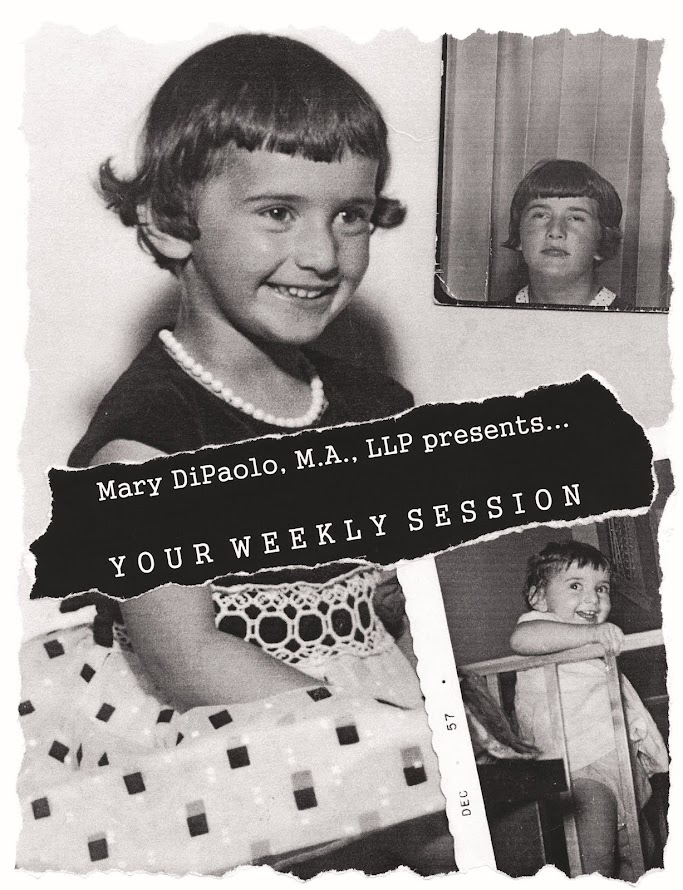When we blame ourselves, we have to recognize whether our guilt is legitimate....or not. When we accept blame for something we had no power or control over changing, our feelings of "guilt" are not legitimate. In fact, they are toxic. People who struggle with codependency typically accept blame for situations, circumstances, and other people's decisions that would have occurred anyway. This is unfortunate. Nobody can "make" someone or something else change in accordance to their own will. Think about that. Only God is able to genuinely inspire, encourage, and motivate someone to do or to "be" what does not come naturally to them.
In his book, "Thinking Errors, Faulty Conclusions, and Cognitive Therapy for Trauma-Related Guilt", author Edward S. Kubany presents several errors in thinking that leads trauma survivors to blame themselves for the trauma(s) they experienced. Here they are:
Hindsight Bias:
When we often falsely believe that we "knew" the traumatic event was going to happen...and/or that we overlooked all the signs and signals indicating what was about to occur. This error in thinking creates the illusion that we somehow "knew" what the outcome would be and, as a result, we distort the reality of what actually took place. We falsely conclude that we could have avoided the trauma, and unfairly blame ourselves for things we had no way of predicting.
This is extremely common. "I shouldn't have gone over there again after the first time it happened! I didn't stop it. I kept going back!" (This from a young woman who was under the age of 8 at the time and being molested by her older male cousin whenever she and her parents went over to their home to "visit" for the evening...)
Exaggerating One's Role in Events:
Every traumatic event has many contributing factors, but we have a tendency to magnify our own role in what took place. Just like the example mentioned above, this same young woman said to me, "...the abuse was my fault because I didn't tell my aunt and uncle or my parents!" The other factors that she failed to consider include: why her cousin chose to abuse her, given there were other cousins (and siblings!) there also at the time....why both sets of parents left everyone alone in the basement for hours whenever the families "visited" each other....why either set of parents didn't address inappropriate behaviors that this male cousin consistently exhibited and that this victim never forgot (obsessively touching himself outside of his clothing, violently acting out when not getting his own way, etc.)...why her own parents refused to let her "stay home" when she complained about not wanting to go visit her aunt and uncle as a child, etc.
Magnifying our own role in the traumatic event once again distorts the reality of what genuinely occurred during that time. For so many survivors, it is more disturbing to "know" that parents may have suspected or were aware of what was going on, but still chose to do nothing about it. Which, sadly, is also very common in cases of abuse involving immediate and/or extended family members.
No kidding, I have had parents say to me "Well, how else were they going to learn about sex?" Yeah, no kidding!
Negatively Judging Our Own Decision Making:
"Why did I freeze?" "Why didn't I tell?" "Why didn't I fight him/her off?" Our thinking changes dramatically when we are being actively threatened. Options that may seem obvious to us when we are relaxed often do NOT come to mind in a dangerous situation when time is of the essence. In emergency situations, we are hardwired to react in a way that our brain sees as the most viable option for survival. We cannot consciously control whether we Fight, Run, Freeze, or Appease in these moments. The guilt we feel about what we "should" have done back then becomes meaningless; we did the best we knew to do...or not to do...at that time.
Functioning as the "Sin Eater" for Someone Else:
When someone chooses to do the unimaginable (murder, suicide, child sexual abuse, etc.)...guess what? YOU ARE NOT to blame for their "sin". Ironic how we tend to forget that fact. We will take on the sin and the blame countless times over for people we have loved...and cared about. Listen, you don't have that much power, even if you were told you do! Child sexual abuse survivors often experience toxic guilt for years and decades after their abuse because their perpetrator(s) told them, "You were just too irresistible for me to walk away from you." W.T.F.?!?! But that's how it can work. Blame the anyone and everyone other than THEMSELVES for their OWN harmful behaviors committed against innocent others!
If you are seeking a good education on how to heal in light of the unimaginable happening, look up Collier Landry's TED talk...or the ID discovery program "A Murder in Mansfield". Landry's father killed his wife when Landry was 12 years old and buried her in the house. Landry testified against him at the age of 12...and then spent most of his adult life attempting to free himself of the toxic guilt and shame associated with his former surgeon-father's heinous and murderous act. It is worth watching. We are ALL capable of healing and moving past the traumatic events we have previously allowed to define us.
Until next post....
